

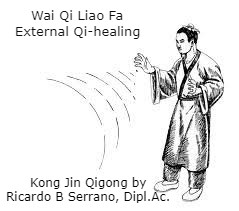 Personal Freedom and Being in the Flow Everything in life has some ebb and flow to it; there is no life without something aptly called "the flow of life." As modern science maintains, everything in this world is made of energy, therefore the flow of Qi (energy in Chinese) is a fundamental essence of life. Qi is essentially the life force that supports and sustains our existence. The practice of Qigong (Chinese for "energy work") teaches us to trust the flow of life. Mysterious are the origins of this universal flow as well as the reasons where it flows and why. It is a common human attitude to be afraid of the unknown. Nonetheless, we can learn how to transcend this fear of the mystery that manifests our existence. The practice of Qigong helps to become fearless as we enter the open territory of personal liberation and spiritual freedom. Qigong practice frees us from the patterns of dread, hopeless habit and repetition. It empowers us to gently release our pathological fear of living fully, of "being in the flow." When we struggle against the flow of life, we inevitably tend to turn the dream we call daily life into a nightmare. Going against the flow of things in this dream exhausts our energy, takes a toll on our health, and wastes our time and energy. However, totally instinctively, we may have a gut feeling that we are capable of being in the flow of our dreaming, which would promote a greater sense of wellness and wellbeing. Indeed, as soon as we find ourselves in the flow, we become less tense or stressed-out. Then we discover that the problems that life continues to throw our way can now be perceived as learning opportunities, enriching and spicing up life. Being in the flow allows us to manifest our dreams effortlessly and gracefully. What enables us to do so is the knowledge that the source of our dreams is the same as the mystical source of the flow of the dream we call life. Tapping that source within ourselves empowers us to dream up more creative and abundant life. Virtually every one of us has had some moments in our lives when we were in the flow. Those might be peak experiences that happened due to some extraordinary circumstances: at times when we performed in sports, experienced extraordinary creativity in arts, took exactly the right action in a life or death emergency; in other words, whenever we used all of our being. Luckily enough, there is a way to learn to go with the flow of life force consciously and regularly. The following example may demonstrate such awareness of the flow of Qi: Imagine coming to a crossroads and feeling the energies of different directions that you may choose. You may notice that your energy resonates with some directions better than with others. Where there is resonance, your energy is attracted to flow in that direction. If you pay attention to such resonance, you can allow the flow to unfold naturally and spontaneously. But if you do not pay attention to this resonance, you may feel compelled to take a different path following your existing convictions, preconceived ideas or old labels. Often we tend to follow the ideas that do not even belong to us but were handed down from past generations as traditional beliefs or stereotypes of thinking. We often become programmed and domesticated to a degree that does not allow us to conceive of the ideas of perceiving the inner essence to things or being in the flow. Letting go of such programming empowers us to reconnect with the flow of life. Letting go of such programming is not simply an intellectual exercise but rather a process of discovering mental alertness and spiritual openness, as well as personal freedom. When we speak of being at the crossroad, we view ourselves in the position of exercising our freedom of choice, the choice of direction that is. Personal freedom is necessary to be able to make choice in any situation of this sort. Alas, freedom is often restricted by beliefs distorting our perception. When we follow the beliefs that do not promote the perception of the flow, they become an impediment to personal freedom. Therefore, we need to look into our belief system to check whether or not our beliefs resonate with us. Who are we? Do we need to know ourselves in order to find our preferences or beliefs? Here we run into a dilemma: We either view ourselves as the dreamer of the dream called life or as mere characters in our dream drama. Let us consider, for now, both of these options and find out which perspective allows us to enjoy both personal freedom and being in the flow and which perspective does not allow us to enjoy either of these. Can we be free in the dream if we do not believe that we are the dreamer? In order to answer this question, let us take a closer look at our beliefs and their implications. Our beliefs have tremendous impact on the way we experience ourselves and the world around us. Beliefs often serve as the filters that paint our perception in certain colors. Many of common beliefs tend to filter out completely the perceptions that don t fit the beliefs. If we uphold such beliefs, our perception of reality becomes narrow and limited. Religious dogma, such as believing in good and evil, is a major barrier to personal freedom and being in the flow at the same time. When we label something as good, we create an expectation that it should be good not only for us but for others, too. It also implies certain perpetuity of goodness despite any common sense. We know that most things that were deemed good yesterday may be not so good today and what is good for one person may not work for another. When we label something bad, it is just as misleading. Moreover, religious dogmas insist on rigid dualism of good and evil, judging our actions and threatening us with consequences. As it were, hell is not a geographical place but a state of being separated and afraid. Any belief supporting the sense of separation and fear creates a hellish existence in people s lives on earth. One of the limiting beliefs widely spread in modern society is the belief in separation, the belief that each of us is a distinct entity totally separated from the rest of the universe. Having such a belief creates anxiety of abandonment and desire to belong. The sense of separateness upholds the illusion of the ego and vice-versa. In fact, our ego is the imaginary wall that seems to separate us from the world. The ego is threatened and gets defensive when its illusory nature is revealed. Its defensiveness restricts the flow of energy between the microcosm and macrocosm, thus leaving us far from being in the flow. It may even give us an illusion of benefiting from following its dictates, but in the final analysis these benefits prove to be exactly that, an illusion. Another belief that holds people back is the belief that one cannot let go and just be in the flow. It ridicules the hippie attitude of being in the flow as something outlandish and impractical. The daunting need to control things, which is so predominant in the civilized world, is justified by the obligation to be socially responsible. Such responsibility is perceived as contradicting personal freedom and flow. It comes from the shortsighted views of the needs of society, as if they are contradictory to the needs of its individual members. One great example of this belief is the attitude we used to see in the Communist regimes, which insisted on forsaking one personal dreams and interests for the sake of future generations. Of course, there are more important things than being here and now! Another peculiar belief is that we do not deserve to be free. We often delegate our freedom to authority figures, institutions or society in general. We do that because we hope to relegate our responsibilities by doing so. Responsibility is intrinsically related to personal freedom although it is something that people often want to avoid. Of course, this motivates people to empower their leaders and gurus rather than themselves. But how can we be empowered if we allow somebody to make choices as to the direction of our life? There is also a belief maintaining that we have to struggle to succeed and achieve our goals. Indeed, when our goals follow the dictates of the ego, we get into a predicament trying to satisfy the ego and be confined by its limitations at the same time. The ego-centered dreams cannot be manifested by simply being in the flow because that would undermine the central position of the ego at the locus of control. The harder we try, the more resources and energy we have to spend on ego gratification, which is never enough. Many people in the modern world tend to develop "fight or flight" response to the challenges that life throws their way. Such a response is the main source of stress and discord in people s lives. This stems from a fear-based mentality and desire for protection, which makes people protective. It is possible to transcend this fear by learning to shift from being protective to being protected by a power much greater than our personal power, for we are fully protected when we flow with the universe. Just imagine for example the flow of traffic moving down the street. When you go with its flow, you don t have to be protective. But going against the flow would threaten you with imminent danger. Life is full of similar situations: on the road, in business, in relationships, etc. Most people do not experience life as it is happening but rather dwell in the past or future. As long as our knowledge of life is based on memories, we do not experience life as it unfolds moment by moment. Moreover, reminiscing about the past or fantasizing about the future keeps us constantly dreaming. With the realization that our life is mostly spent in dreaming, we can learn to become more aware and present to this flow of dreaming. This empowers us to be awake to the present moment, or lucid, like in a lucid dream. Indeed, present is the only time when we can really experience personal freedom. It is not enough to dream about freedom in the future or in the past. If we want to be free, we need to learn to be free now. Belief in oneness is an alternative to the belief that we are all separate entities, which prevents us from experiencing the flow of life freely. When we realize that we are essentially one with the universe, made of the same energy as the earth and stars, we can perceive the flow of this universal energy by paying greater attention to it. The sense of oneness is the foundational aspect of the mystical experiences that lead prophets to create world religions. The same experience has always been the hallmark of Shamanic journeys of Medicine men and Shamans throughout the world. Contemporary men and women can experience oneness with the whole world by taking psychedelic substances, fasting, or practicing Tibetan Dream Yoga. The latter teaches us to become lucid in our night dreams and recognize that we are one with the world of dreaming. With practice, we can learn to translate these experiences into daily life, too. Like in a dream, where everything is made of pure energy, everything is made of energy in our daily life, too. Everything we know about our dreams is based on memory and, similarly, everything we know about life is based on memory. Essentially, recognizing that the distinction between dreaming and waking is illusory allows us to apply all the other principles of Dream Yoga to the daily life. For instance, in a lucid dream you cannot take anything personally, knowing that you dream up all the experiences in your dream drama. This can also empower you to assume full responsibility for your destiny and the flow of your daily life. This seems to be the core belief enabling people to experience both personal freedom and being in the flow. When we realize that life is a dream and has always been, we can also realize that you have been free all along. Just like the ugly duckling, we often tend to forget about our innate beauty and grace, succumbing to the circumstances of mundane life. The practice of remembrance allows us to claim our innate freedom and power. We just need to remember our true nature moment after moment because we all have a tendency to fall asleep even after the most profound awakenings. Many people living in the modern age seem to concentrate most of their attention on the perceptions and feelings they experience in their heads. The sense of sight, hearing, smell and taste are focused in the same part of the body that is associated with thinking and talking. In order to embody the beliefs that promote freedom and being in the flow, we learn to shift out of the head into the body. One of the easiest ways to experience such a shift is through developing greater awareness of movement, or kinesthetic sense. This is the mysterious sixth sense that is so thoroughly forgotten by the majority of us nowadays. If we never include it in the list of our senses, how often do we pay attention to it? Think about it for a moment: Movement is an essential aspect of life, since there is no life without movement. But when we pay no attention to our sense of movement we have no awareness of it and therefore have no awareness of the flow of life. In many indigenous Shamanic cultures throughout the world dreams are considered to be spiritual lessons designated to awaken us to the flow of the dreaming. When we learn to view life as a dream, we accept whatever we encounter in life as spiritual lessons, rather than problems. In order to learn our lessons, we need to pay attention to them and be grateful rather than resistant. Resistance can only decrease our learning curve since we are not accepting what we need to pay attention to. Even pain and suffering can be perceived as lessons, accepted and appreciated. Experiencing pain does not mean that we have to suffer, for we do not have to take it personally. When in pain, most people tend to reach for a pain killer pill or numb themselves somehow. Instead, we can learn from pain and grow stronger and freer. It entails expanding the comfort zone we function in by going to the edge of the comfort zone and simply being present there. Practicing remembrance allows us to see that what we remember is not the past but the ever-present truth of who we really are. The ability to be fully present also enables us to transcend the linear perception of time. Instead, we enter Dreamtime, which is a traditional way of relating to time indigenous to many Shamanic cultures in the world. The flow of Dreamtime does not move us from the past into the future because being the flow of time stops the linear mind from separating and dissecting time into past, present and future. Once we come to the realization that we are essentially one with the whole world, our fears seize to exist being replaced with trust in the mysterious workings of the universe. We learn to embody the principle of being protected by being in the flow of Qi. It applies to virtually every sphere of life: health, relationships, finances, politics, etc. Being protected vs. being protective is particularly noticeable in the practice of Martial Arts, for it allows us to be free of fear in the face of adversity, free to commit the feats of power we could only dream about when we used to be protective. 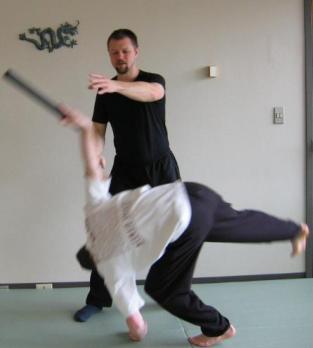 Throwing an armed opponent with a Forward Push *This 2004 Journal of Qigong in America article is published with permission from the author Lama Tantrapa, Qi Dao teacher of Ricardo B Serrano. See My Perspective on the History of Qigong and Why Practice Tibetan Shamanic Qigong (Qi Dao)? An excellent practical guide to personal freedom is the Four Agreements by Don Miguel Ruiz The truth about the Celestine Prophecy's Insights can be experienced by the mastery of being in the Qi flow through the practice of Tibetan Shamanic Qigong with Shaktipat Meditation of the Enlightenment Qigong 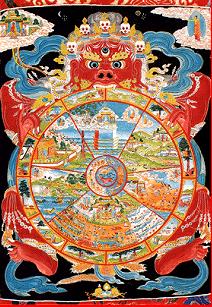 Bhavachakra: Wheel of Life 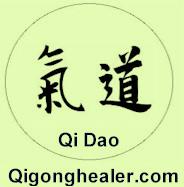
About the author
Lama Tantrapa authored the book and DVD entitled "Qi Dao - Tibetan Shamanic Qigong: The Art of Being in the Flow." Being an avid speaker and presenter, he appeared on many radio and TV programs in the US, Guam and abroad. He currently serves on the NQA Board of Directors. For more information about Qi Dao Coaching, workshops, retreats, and long-distance learning opportunities, visit www.qidao.org.

The Four Agreements (1997)
Everything we do is based on agreements we have made - agreements with ourselves, with other people, with God, with life. But the most important agreements are the ones we make with ourselves. In these agreements we tell ourselves who we are, how to behave, what is possible, what is impossible. One single agreement is not such a problem, but we have many agreements that come from fear, deplete our energy, and diminish our self-worth." "In these agreements we tell ourselves who we are, how to behave, what is possible, what is impossible." In this powerful book that has remained on The New York Times Bestseller List for over eight years, don Miguel reveals the source of self-limiting beliefs that rob us of joy and create needless suffering. When we are ready to change these agreements, there are four deceptively simple, yet powerful agreements that we can adopt as guiding principles. The Four Agreements offer a powerful code of conduct that can rapidly transform our lives to a new experience of freedom, true happiness, and love. By Don Miguel Ruiz [Say today's date] I will live my life with gratitude, I will respect all creation 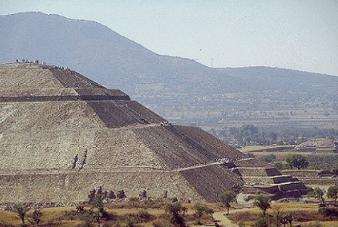 Pyramid of the Sun, Teotihuacan, Mexico "The Place Where Humans Become God"

Celestine Prophecy's Twelve Insights
The 12th Insight is yet to be released . . . Reference Books by James Redfield in the series: "Celestine Prophecy"

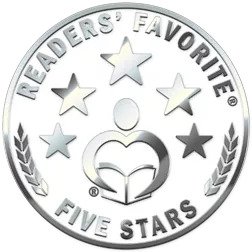 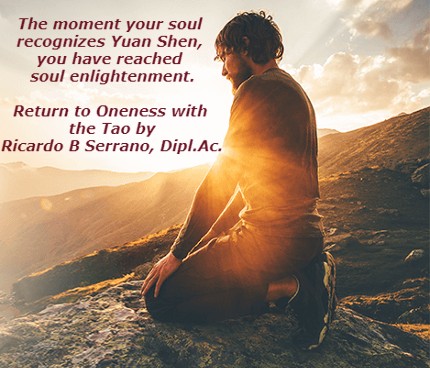 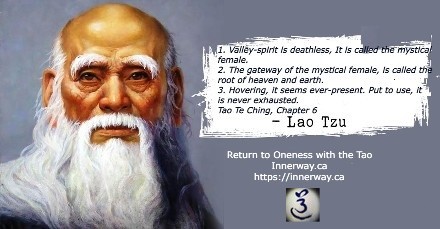 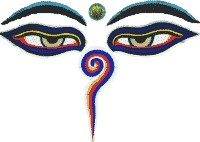 Shen is Light in the Eyes 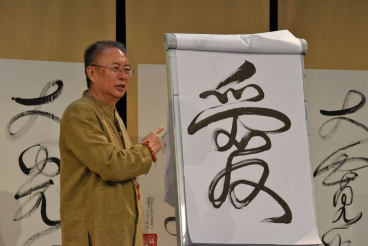 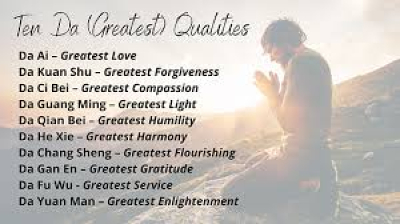 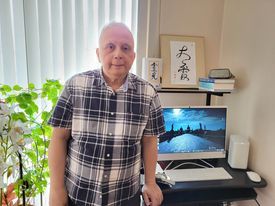  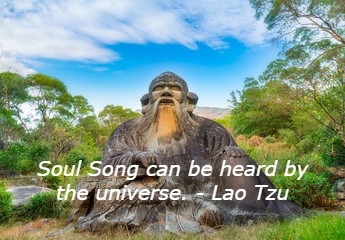 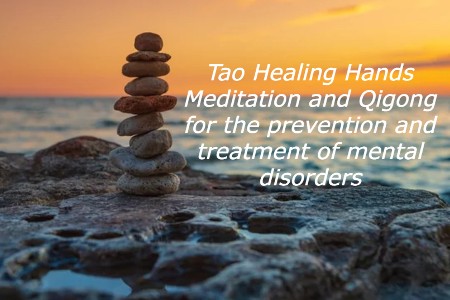 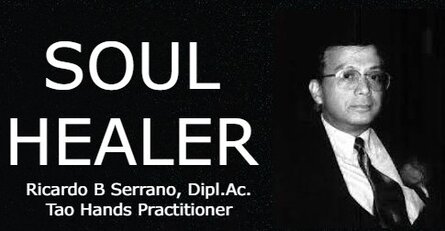 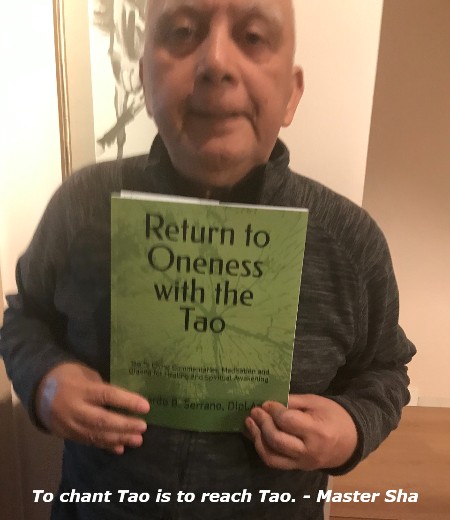 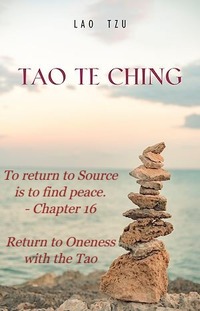 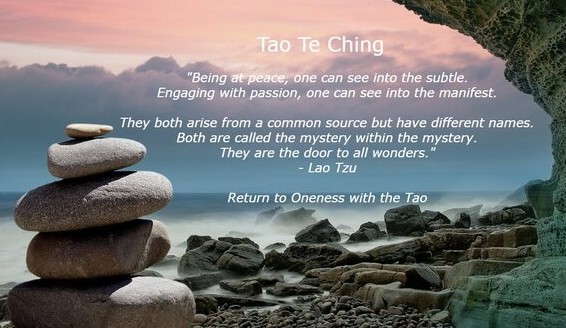 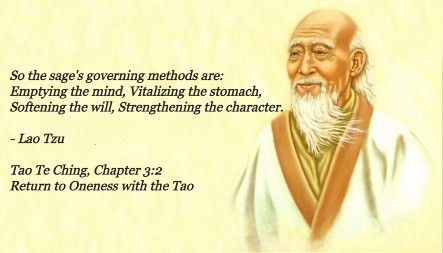 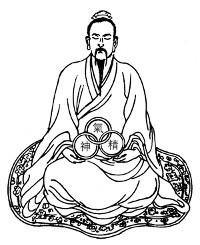 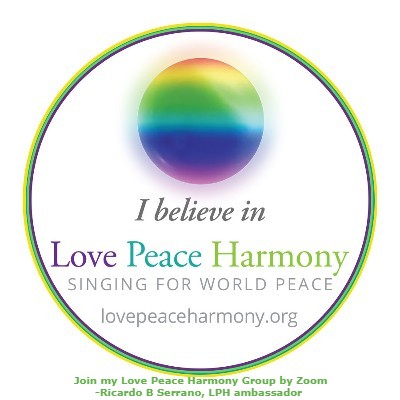
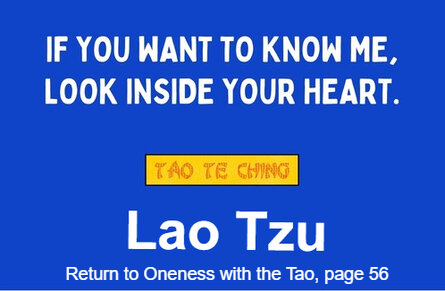 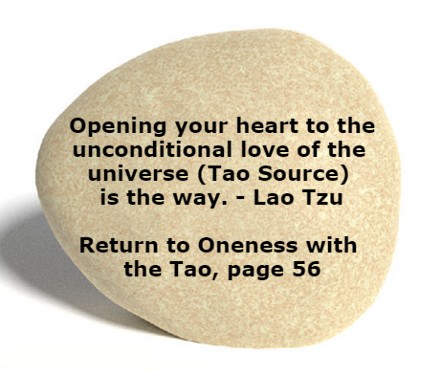 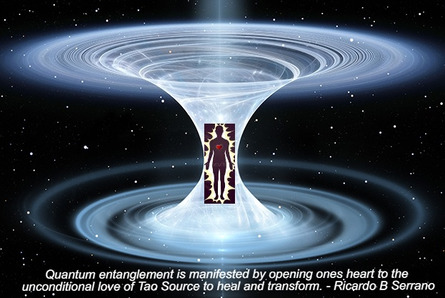 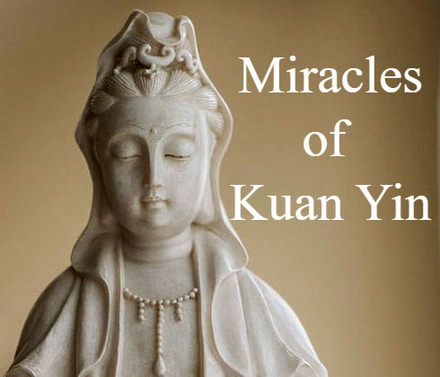 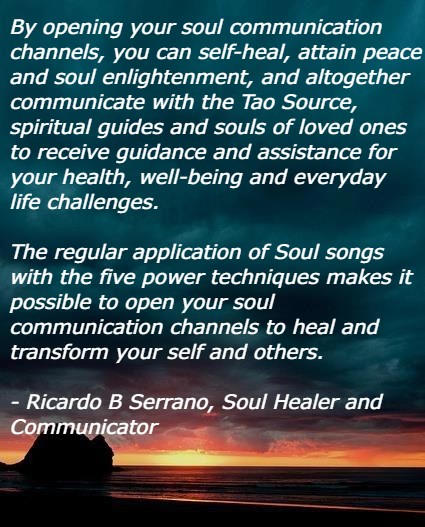 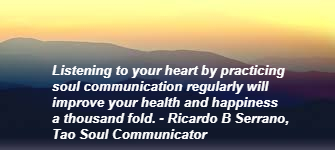 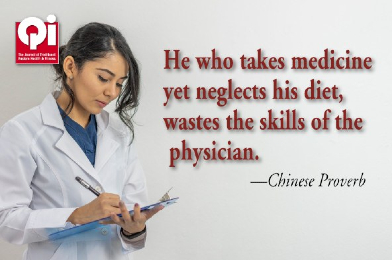 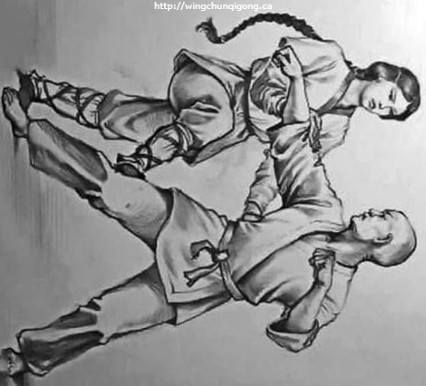 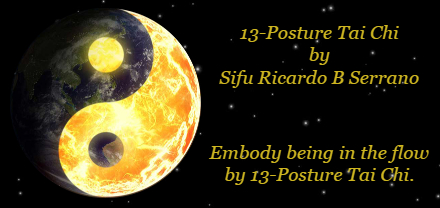 13 Tai Chi postures/ principles 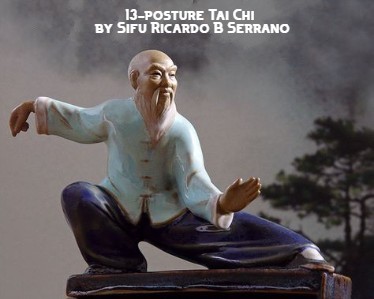 Book for Tai Chi Zoom instruction appointment 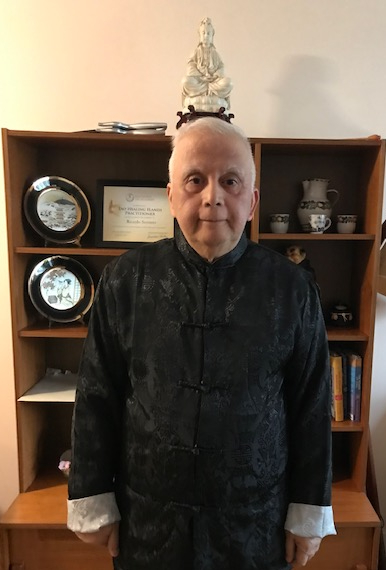 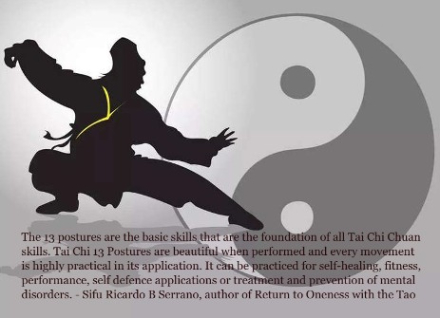 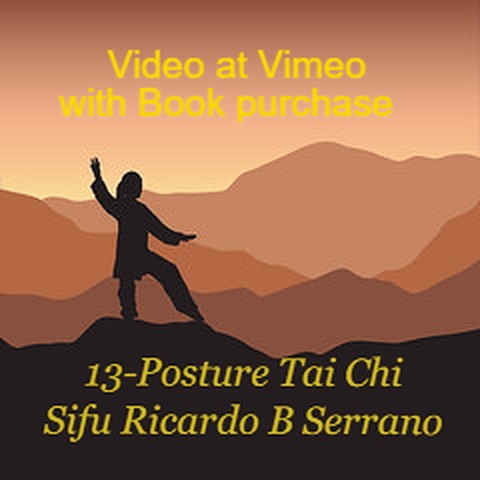 This form is especially good in cultivating internal power channeling Qi for emision of power (Fa Jin)! - Sifu Ricardo B Serrano 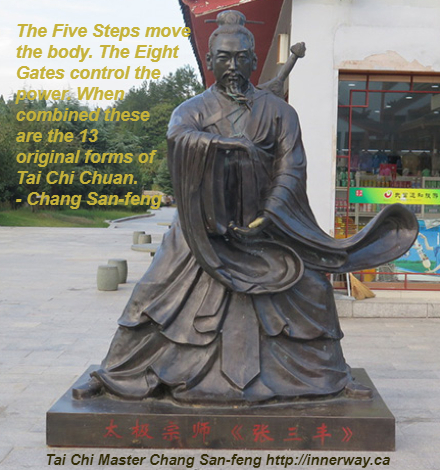 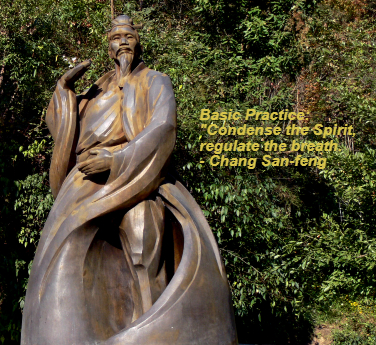 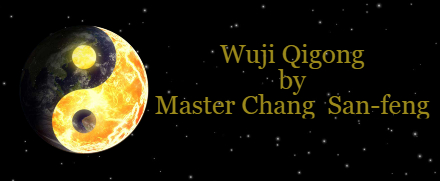 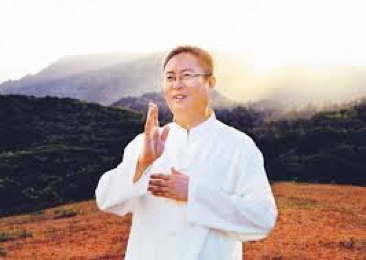 Soul Healing interview with Master Sha Soul Healing is not similar to Qigong healing. Qigong is energy healing. We go beyond energy. It's Divine Healing Hands or Divine Soul Healing. We can do one-to-one healing, group healing, and distance healing. There are all kinds of sickness in the physical, emotional, mental, and spiritual bodies. To heal and transform humanity, we must remove Jing qi shen blockages. Jing qi shen blockages are the biggest pollution. - page 7, Return to Oneness with the Tao 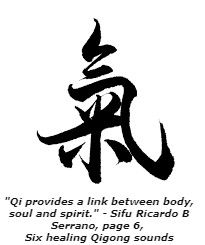 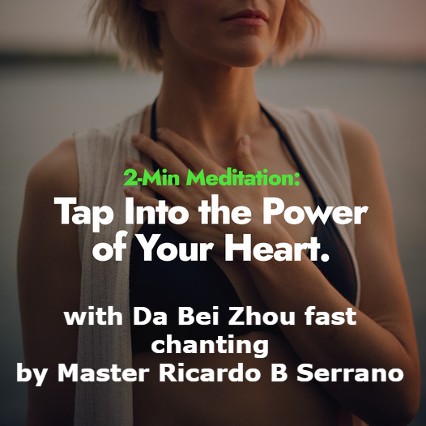 Da Bei Zhou Compassion Mantra (fast version) (Password protected for clients only). 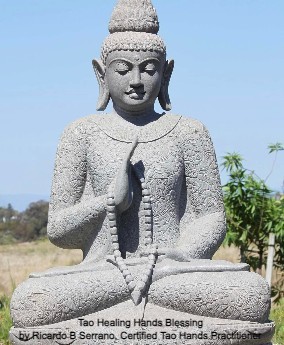 Tao Healing Hands Blessing (Password protected for clients only).
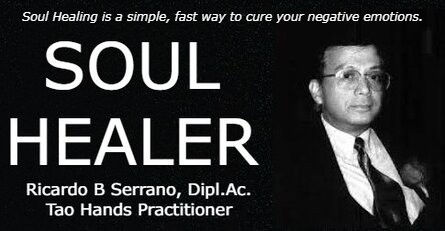 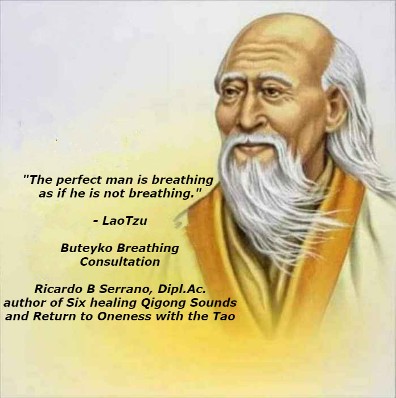 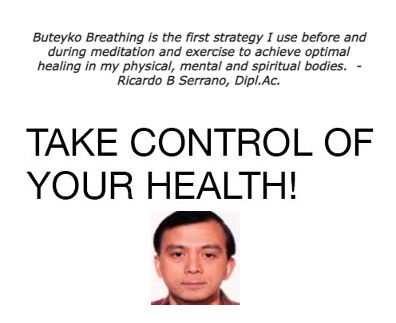 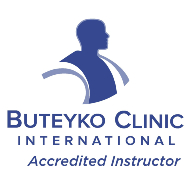 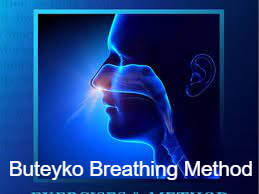 Buteyko Method of Therapeutic Breathing 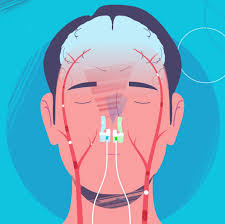 MIP 470-633-655-810 for viral infection 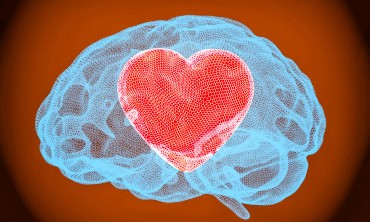 Meditation: A Simple, Fast Way to Cure Your Negative Emotions 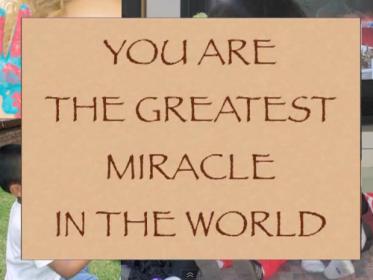 You are the greatest miracle in the world 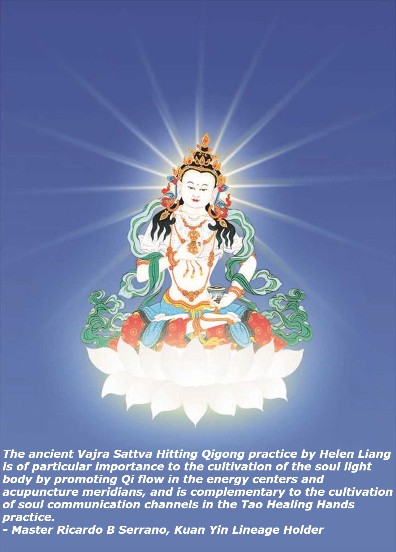 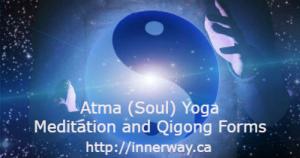 - Master Ricardo B Serrano 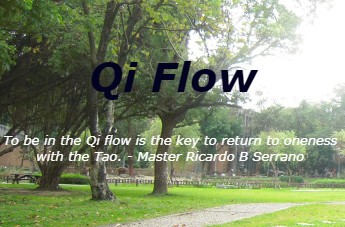 Is the Qi experience related to the flow experience? 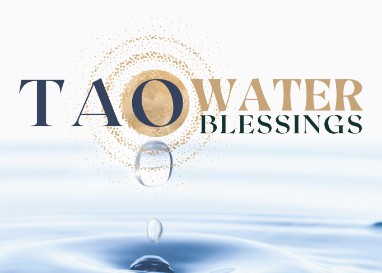 Tao Water Blessings for Healing Akashic Records Reading with Tao Chang book at https://www.amazon.com/dp/0988050285 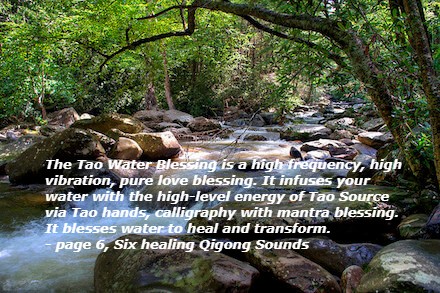 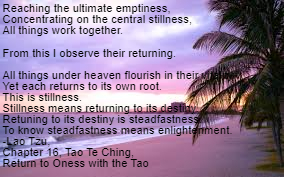 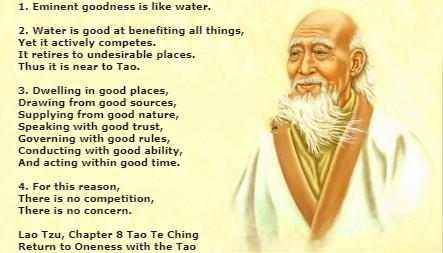 Tao Te Ching, Chapter 8 from Return to Oneness with the Tao 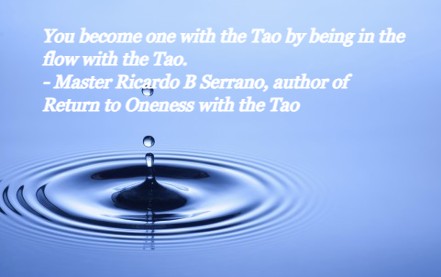 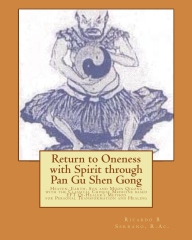 The Pan Gu Shen Gong is the key to balancing Yin and Yang energies in the body, and an easier and simpler complementary Qigong practice to learn with other advanced meditative practices. 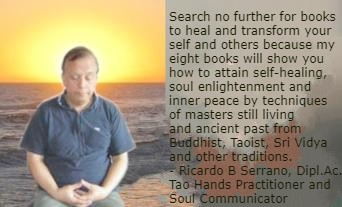 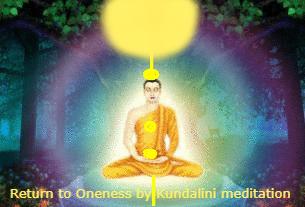  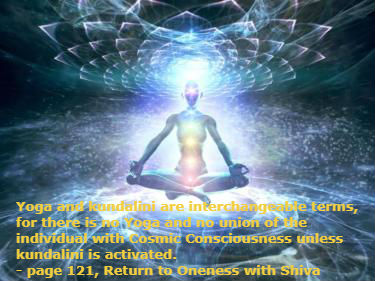 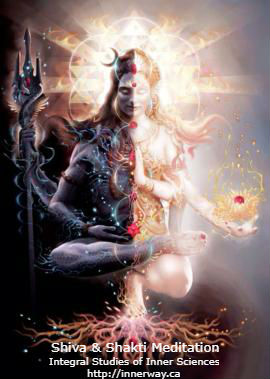 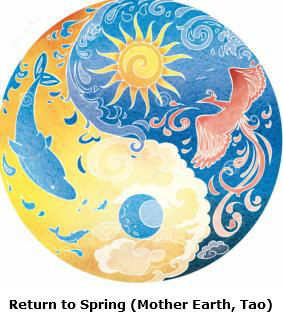 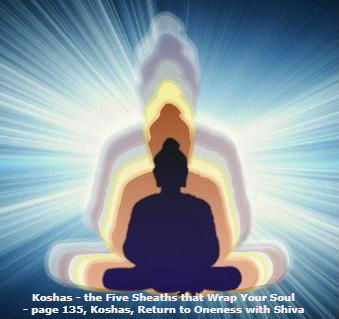 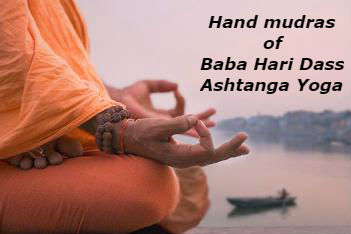 

 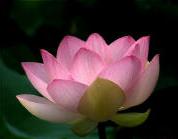 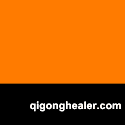  North Vancouver, B.C., Canada Tel: 604-987-1797 Contact Qigonghealer.com Blog Us Qiwithoutborders.org |